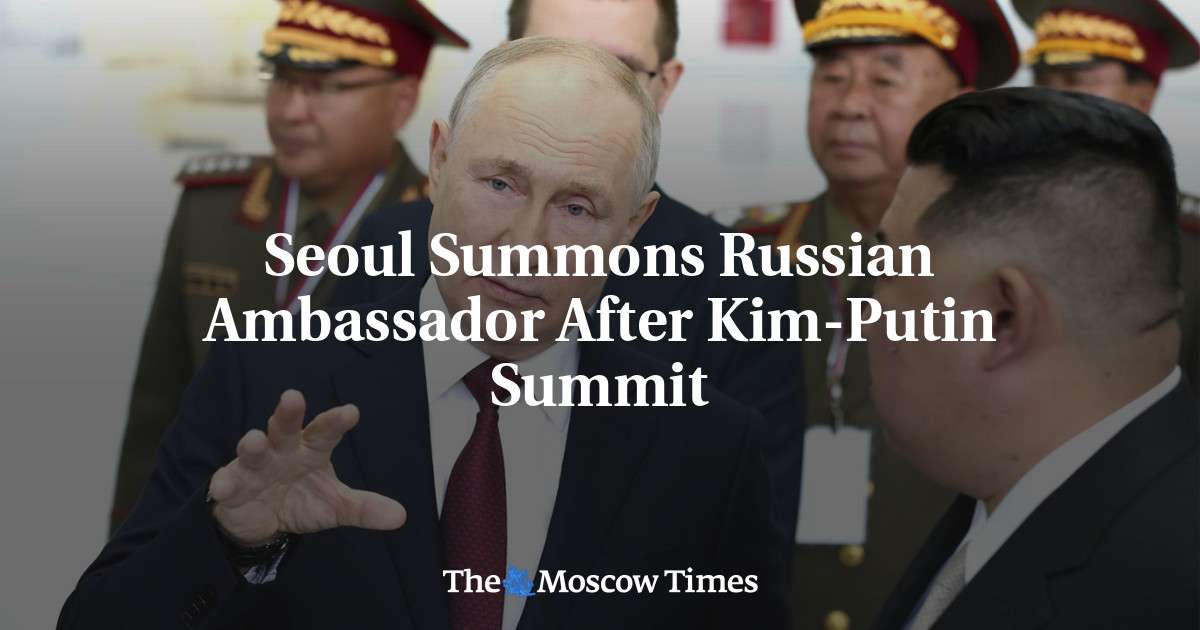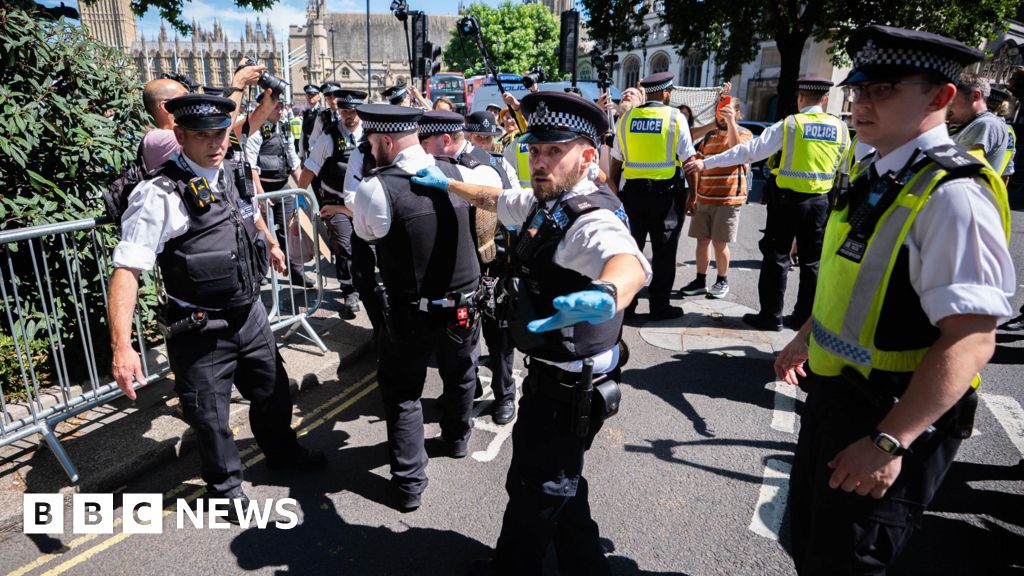The South Korean foreign ministry announced on Tuesday that it has summoned the Russian ambassador to express concern over Moscow’s military cooperation with North Korea. This move comes after North Korea’s leader, Kim Jong Un, met with Russian President Vladimir Putin in Russia.
Kim spent nearly a week touring Russia’s Far East, visiting a space center and weapons factories before returning home on Monday. This visit has sparked Western fears that a nuclear-armed Pyongyang, which is isolated from the international community, could potentially supply Moscow with weapons for the ongoing conflict in Ukraine.
During the summit, Kim and Putin discussed defense cooperation with North Korea, with the Russian leader hinting at the “possibilities” of strengthening military ties. However, such actions would violate the sanctions imposed on both countries.
Experts have raised concerns that the two isolated nations may be considering a deal in which Pyongyang supplies artillery shells and anti-tank missiles in exchange for satellite technology from Moscow.
Despite these speculations, the Kremlin has stated that no agreement has been or will be signed.
In response, the South Korean government summoned Andrey Borisovich Kulik, the Russian ambassador to South Korea. They urged Moscow to cease its military cooperation with North Korea immediately and comply with the resolutions of the Security Council, as stated in a foreign ministry statement.
The statement further added, “Our government will work with the international community to ensure that any action violating Security Council resolutions and posing a significant threat to our security comes with clear consequences.”
South Korea also emphasized that such actions would severely impact the relationship between Korea and Russia.
Relations between North and South Korea are currently at one of their lowest points in decades. Diplomatic efforts have come to a standstill, and Kim is advocating for increased development of weapons, including tactical nuclear weapons.
Experts suggest that if a deal between Moscow and Pyongyang were to materialize, South Korea may need to reassess its cautious approach to the conflict in Ukraine. Despite condemning the war, Seoul has refrained from directly providing weapons to Kyiv.
South Korea is a major exporter of weapons; however, its longstanding domestic policy prohibits the sale of weapons to countries engaged in active conflicts.














